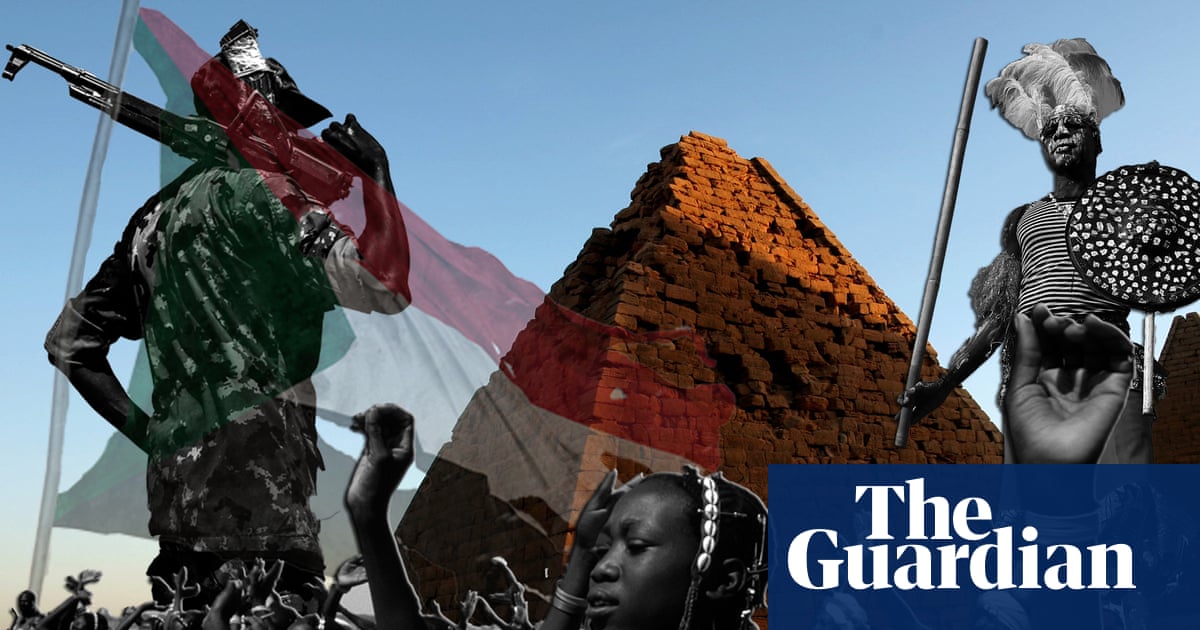
"Three years into the conflict, there is still a sense of incredulity that Sudan has unravelled so quickly. This is probably how it always feels to those whose countries have suddenly succumbed to war. To outsiders, war remains a story, a headline, a political event, and perhaps, particularly in Africa, not a remote or unexpected occurrence. But it is no one's natural lot, and every day is as hard and bewildering as the one before."
"The long history is of a country where political and economic power has always been in the hands of the few. Regions such as Darfur have historically been marginalised and ignored. The region has suffered competition for resources and conflict along ethnic lines between Arab and African groups for decades, and a genocide against its non-Arab population was perpetrated in the early 2000s by Arab militias known as the Janjaweed, with the blessing and support of central government."
People express incredulity that Sudan has unraveled three years into conflict; daily life is bewildering and deteriorating. The long history involves entrenched political and economic power among elites and systemic marginalisation of regions like Darfur. Darfur experienced ethnic resource conflicts and a genocide in the early 2000s by Janjaweed militias with central government backing. These dynamics empowered and militarised local groups. Parallel shorter-term triggers accelerated nationwide fighting. The Rapid Support Forces (RSF) formalized from armed groups and now confront the Sudanese Armed Forces (SAF), turning localized militarisation into a catastrophic national war.
Read at www.theguardian.com
Unable to calculate read time
Collection
[
|
...
]